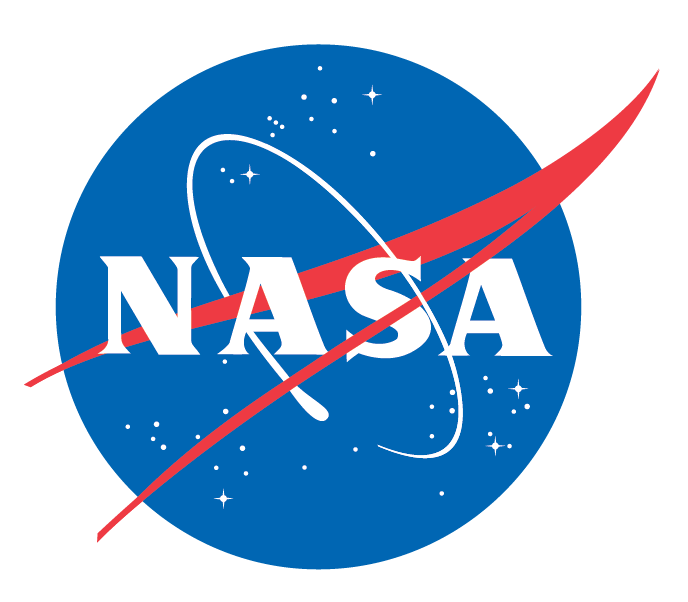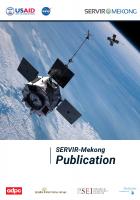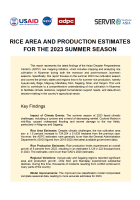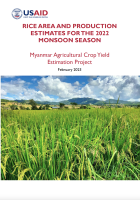Building Lasting Capacity for Water Management in Lower Mekong using Satellite Observations
Low-lying deltas in Indochina are vulnerable to water resources availability due to dense population and extensive irrigation. Inhabitants of the deltas depend heavily on groundwater to supplement surface water stocks for irrigation and domestic use, especially during the dry season. Over-exploitation of groundwater has led to land subsidence, and hence increased the risk of flood magnified with coastal sea level rise. The vulnerability worsens due to uncoordinated human activity in the upstream regions, such as extraction, diversion and dam impoundment of river waters. This capacity building should address the unique and diverse needs and operating conditions of regional and national government stakeholder agencies in Indochina to enable integrated water resource management and flood/drought risk reduction. Such systems need to survive independently (i.e. ARL=9) within the existing environment of government agencies to give meaning to the SERVIR motto 'Space to Village'
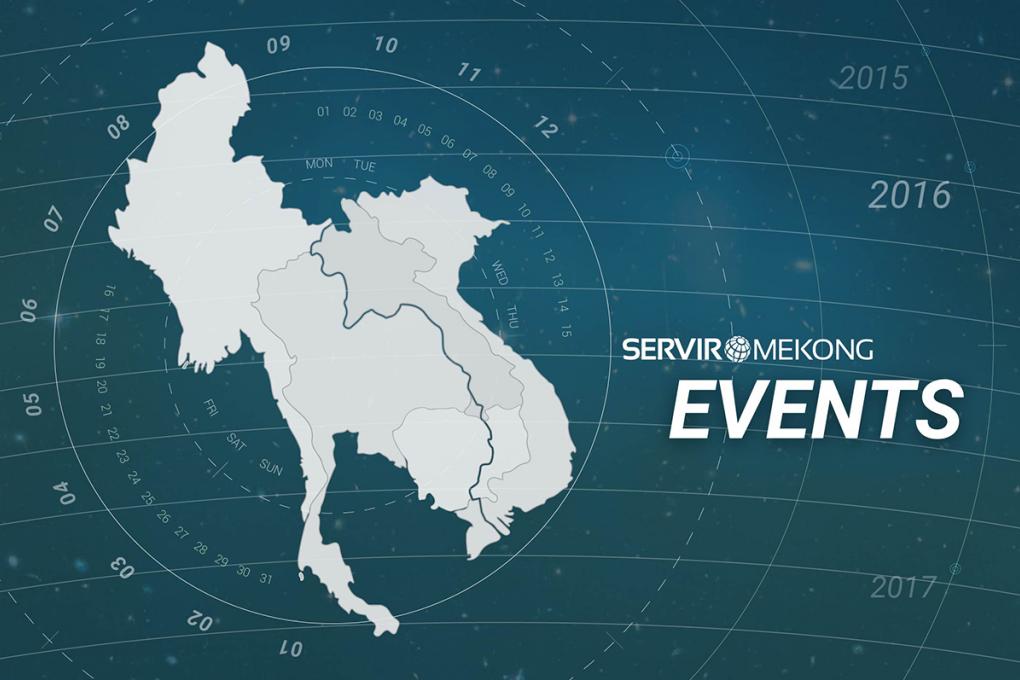
Objectives
This capacity building should address the unique and diverse needs and operating conditions of regional and national government stakeholder agencies in Indochina to enable integrated water resource management and flood/drought risk reduction. Such systems need to survive independently (i.e. ARL=9) within the existing environment of government agencies to give meaning to the SERVIR motto 'Space to Village'. As the title suggests, this workshop is aimed at building "lasting" applications or adoption of satellite remote sensing technology that will truly grow into something durable and sustainable within an agency framework long after the workshop is over and trainers are not accessible. Thus, the planned workshop will be highly targeted involving 1-1 hands-on interaction with individual stakeholder agency and be small-scale yet inclusive. The workshop also aims to be intense with extensive brainstorming activity and spending time with the agency decision-making process on the "drawing board" to get concrete answers to strategic problems that are in the way of raising the application readiness level of a satellite product or idea. The take-home for both the stakeholder participants and trainers (Dr.Lee and Dr. Hossain) will be a 1-year plan (2016-2017) and a list of 'to-dos' to address during the post-workshop phase so that the goal of durable and sustainable satellite applications is one step closer for each agency by early 2017.
Content
The proposed contents for our Year 1 workshop are aligned to support the unique needs of SERVIR-Mekong and local stakeholder agencies through the development of a comprehensive system that can routinely map, warn, and enable decision-making on water-related vulnerability issues in lower Mekong:
- Satellite altimetry based virtual stream gauging and river level forecasting in near real-time.
- GRACE-based monthly monitoring of macroscale groundwater storage anomalies.
- Satellite precipitation (GPM) and climate model based seasonal forecasting of anomalies of water availability using VIC macroscale hydrologic model.
- Satellite-based monthly-to-seasonal reservoir outflow estimation using GPM, MODIS and satellite altimetry measurements.

